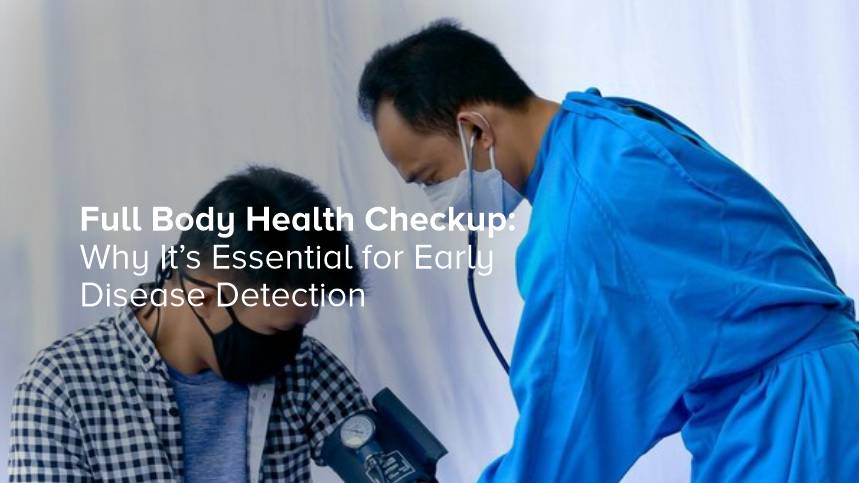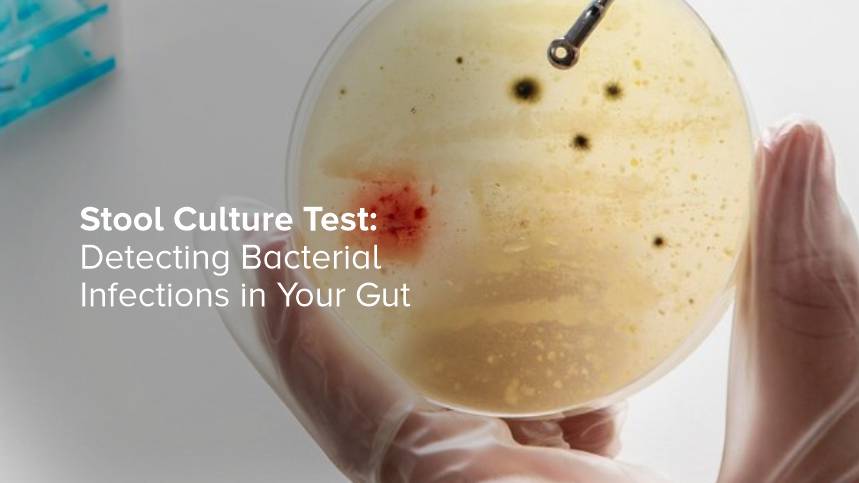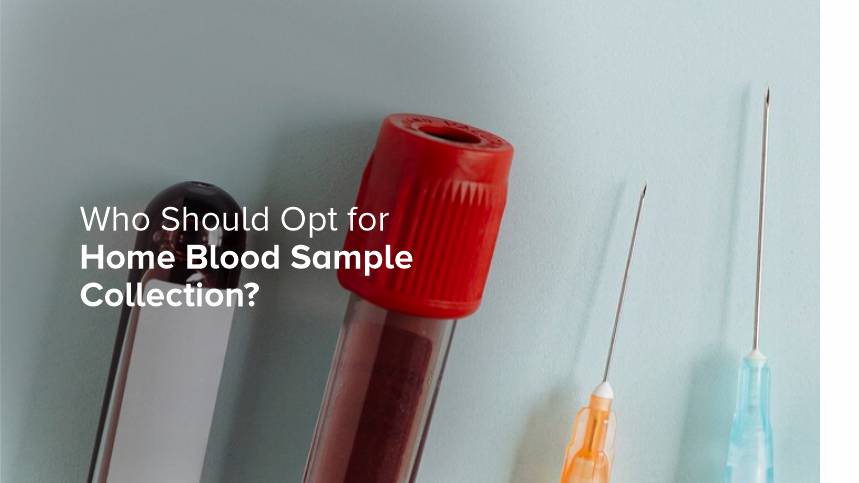


Condition
- Others
- Blood Disorders
- Top tests
- Others
- Others
- Others
- Fever
- Fever
- Blood Disorders
- Blood Disorders
- Preventive Health Checkup
- Preventive Health Checkup
- Profile
- Kidney Disease
- Kidney Disease
- Diabetes
- Diabetes
- Heart Disease & Hypertension
- Preventive Health Checkup
- Lifestyle Packages
- Thyroid Disorder
- Diabetes
- Diabetes
- Diabetes
- Diabetes
- Diabetes
- Diabetes
- Diabetes
- Top tests
- Allergy
- Top tests
- Top tests
- Top tests
- Top tests
- Diabetes
- Top tests
- Diabetes
- Top tests
- Top tests
- Top tests
- Liver Disease
- Diabetes
- Top tests
- Vitamin Deficiency
- Top tests
- Top tests
- Liver Disease
- Top tests
- Top tests
- Top tests
- Anemia
- Anemia
- Anemia
- Diabetes
- Diabetes
- Anemia
- Top tests
- Top tests
- Top tests
- Preventive Health Checkup
- Thyroid Disorder
- Heart Disease & Hypertension
- Top tests
- Preventive Health Checkup
- Diabetes
- Heart Disease & Hypertension
- Top tests
- Fever
- Allergy
- Liver Disease
- Lifestyle Packages
- Heart Disease & Hypertension
- Top tests
- Arthritis
- Top tests
- Top tests
- Heart Disease & Hypertension
- Kidney Disease
- Preventive Health Checkup
- Allergy
- Top tests
- Lifestyle Packages
- Top tests
- Kidney Disease
- Top tests
- Lifestyle Packages
- Top tests
- Preventive Health Checkup
- Preventive Health Checkup
- Top tests
- Top tests
- Vitamin Deficiency
- Allergy
- Diabetes
- Top tests
- Top tests
- Top tests
- Top tests
- Heart Disease & Hypertension
- Allergy
- Top tests
- Preventive Health Checkup
- Top tests
- Top tests
- Infertility
- Top tests
- Lifestyle Packages
- Allergy
- Diabetes
- Heart Disease & Hypertension
- Lifestyle Packages
- Preventive Health Checkup
- Preventive Health Checkup
- Top tests
- Preventive Health Checkup
- Top tests
- Diabetes
- Top tests
- Infertility
- Top tests
- Thyroid Disorder
- Top tests
- Allergy
- Preventive Health Checkup
- Vitamin Deficiency
- Top tests
- Top tests
- Infertility
- Lifestyle Packages
- Diabetes
- Liver Disease
- Kidney Disease
- Vitamin Deficiency
- Top tests
- Heart Disease & Hypertension
- Heart Disease & Hypertension
- Top tests
- Heart Disease & Hypertension
- Heart Disease & Hypertension
- Heart Disease & Hypertension
- Infertility
- Heart Disease & Hypertension
- Vitamin Deficiency
- Vitamin Deficiency
- Arthritis
- Arthritis
- Top tests
- Top tests
- Lifestyle Packages
- Preventive Health Checkup
- Lifestyle Packages
- Preventive Health Checkup
- Vitamin Deficiency
- Top tests
- Lifestyle Packages
- Lifestyle Packages
- Preventive Health Checkup
- Top tests
- Preventive Health Checkup
- Top tests
- Heart Disease & Hypertension
- Infertility
- Top tests
- Top tests
- Preventive Health Checkup
- Lifestyle Packages
- Top tests
- PCOD
- Preventive Health Checkup
- Lifestyle Packages
- Preventive Health Checkup
- Top tests
- Fever
- PCOD
- Kidney Disease
- Top tests
- Top tests
- Preventive Health Checkup
- Preventive Health Checkup
- Liver Disease
- Thyroid Disorder
- Top tests
- Heart Disease & Hypertension
- PCOD
- Top tests
- Arthritis
- Preventive Health Checkup
- Kidney Disease
- Lifestyle Packages
- Top tests
- Allergy
- Top tests
- Top tests
- Diabetes
- Thyroid Disorder
- Preventive Health Checkup
- Top tests
- Lifestyle Packages
- Preventive Health Checkup
- Top tests
- Kidney Disease
- Liver Disease
- Infertility
- Top tests
- Anemia
- Top tests
- Top tests
- Top tests
- Preventive Health Checkup
- Bone Health
- Cancer
- Fatty Liver

Tests
Health is among our greatest assets, yet it often takes a backseat in our fast-paced lives. Proactive healthcare isn't just about managing existing conditions but also about preventing future health issues. This is where a comprehensive full body health checkup plays a pivotal role.
Regular health assessments can detect potential medical concerns before they escalate into serious illnesses. But why is early detection so crucial, and how can periodic health checkups ensure you stay on top of your well-being? This blog explores the essential benefits of full body health checkups and how they can serve as a valuable tool for early disease detection.
Why Preventive Healthcare Matters
Medical data highlights the growing prevalence of chronic illnesses, many of which remain asymptomatic during their early stages. Conditions such as diabetes, hypertension, cardiovascular diseases, and even cancer often progress silently, making them harder to treat when discovered later.
A preventive healthcare approach, like full body checkups, allows for the timely identification of irregularities in your health. It’s not just about curing illnesses—it’s about maintaining your quality of life.
Key Benefits of Preventive Health Screening:
- Early Detection of Diseases: Identifying symptoms in their early stages makes treatment more manageable and increases chances of recovery.
- Cost-Effectiveness: Treating illnesses in advanced stages can be expensive. Prevention and early intervention are more affordable in the long term.
- Improved Quality of Life: Understanding your health enables you to make informed lifestyle choices and avoid complications.
- Positive Habit Reinforcement: Full body checkups encourage individuals to prioritize their health regularly, fostering a culture of preventive care.
What Exactly is a Full Body Health Checkup?
A full body health checkup is a comprehensive medical assessment that examines multiple organs and systems in the body to evaluate overall wellness. It typically includes blood tests, imaging scans, and evaluations by specialists when necessary.
Typical Tests Included:
- Blood Tests: Helps assess organ function, detect deficiencies, and identify early risks for conditions such as diabetes, high cholesterol, or anemia.
- Kidney and Liver Tests: Ensures the proper functioning of two vital organs critical to your body’s detoxification processes.
- Imaging Scans: X-rays, ultrasounds, or CT scans to detect abnormalities such as tumors or organ irregularities.
- Heart Health Evaluation: ECGs or stress tests to assess heart function and detect cardiovascular risks.
- Diabetes Screening: Monitoring blood sugar levels to identify prediabetes or diabetes.
- Cancer Screenings: Mammograms or PSA (Prostate-Specific Antigen) tests for the early detection of cancer.
These tests collectively provide data on your cardiovascular, endocrine, renal, and other bodily systems, offering a holistic picture of your health status.
Why Early Disease Detection is Crucial
Early detection is often the difference between a manageable condition and one that significantly impacts your life. Diagnosing diseases in their early stages means that treatments can start well before complications develop.
Here’s how full body checkups contribute to early detection:
- Spotting “Invisible” Conditions:
Conditions such as hypertension or high cholesterol rarely show symptoms until significant damage has occurred. Regular checks monitor these aspects even when you feel fine. - Identifying Cancer in Initial Stages:
Cancer is most treatable when identified early, with survival rates dramatically improving as a result. Routine screenings, such as mammograms and colonoscopies, are critical components of preventive care. - Monitoring Trends Over Time:
Annual checkups help you track your health metrics. Subtle changes in blood pressure, sugar levels, or liver function can be early indicators of larger issues brewing. - Reducing Risk of Complications:
Detecting complications before they escalate allows for immediate interventions, minimizing long-term impacts on your health.
How Often Should You Get a Full Body Checkup?
The frequency of full body checkups depends on your age, medical history, and personal risk factors such as family history or lifestyle. Here’s a general guideline:
- Younger Adults (18-35 years): A checkup every 2-3 years if generally healthy, but more frequently if significant risk factors or family history are present.
- Middle-Aged Adults (36-50 years): Annual or biennial checks, especially if you are at risk of chronic conditions.
- Senior Adults (51+ years): Regular annual screenings to monitor age-related health concerns.
Consulting with your healthcare provider will help you determine a schedule tailored to your needs.
Preparing for a Full Body Checkup
To ensure you get the most accurate results, follow these tips when preparing for your checkup:
- Fast Before Blood Tests: Many blood tests require an 8- to 12-hour fast to provide accurate readings.
- Bring Medical Records: Share any previous test results and provide a family medical history.
- List Down Symptoms: Note any unusual symptoms or discomforts you’ve experienced recently so you can discuss them with your doctor.
- Stay Hydrated: Drink enough water before your tests unless you’re instructed to fast.
Preparation can improve the overall accuracy of your results and make your doctor’s job easier.
Building a Habit of Preventive Care
The key to building and maintaining good health outcomes lies in consistency. Treat your full body checkup as a yearly commitment to yourself—a non-negotiable appointment because you’re worth it.
Here are some ways to make this a habit:
- Set a Reminder: Schedule your checkup like you would any other important event.
- Share the Habit: Encourage family members or friends to book their screenings with yours.
- Choose a Reliable Diagnostic Center: Partner with a trusted healthcare provider that prioritizes accuracy and professionalism.
Conclusion
A full body health checkup is more than just a diagnostic tool; it’s an investment in your future. By identifying risks before they become realities, these assessments empower you to stay proactive and in control. Whether it's addressing dietary imbalances, improving lifestyle habits, or catching diseases early, making annual checkups a priority is one step closer to a healthier you.
Don’t wait for symptoms to appear before getting a checkup. Start taking care of your health by scheduling a full body health checkup today. Remember, preventative care isn’t just about avoiding illness—it’s about living your life to the fullest.
WANT TO BOOK HEALTH CHECKUP ?
Categories
Others
4
Blood Disorders
3
Top tests
69
Fever
4
Preventive Health Checkup
26
Profile
1
Kidney Disease
8
Diabetes
20
Heart Disease & Hypertension
15
Lifestyle Packages
15
Thyroid Disorder
5
Allergy
8
Liver Disease
6
Vitamin Deficiency
7
Anemia
5
Arthritis
4
Infertility
6
PCOD
3
Bone Health
1
Cancer
1
Fatty Liver
1
Recent Blogs
Stool Culture Test: Detecting Bacterial Infections in Your Gut
Our digestive system is home to a vast community of microorganisms—most of which are...
29-04-2025
Who Should Opt for Home Blood Sample Collection?
Convenience has become a priority in every aspect of life, including healthcare. One of...
29-04-2025
Online Lab Tests vs. Traditional Lab Tests: Which One Should You choose?
In today’s digital-first world, almost everything is available at your fingertips—from...
29-04-2025







